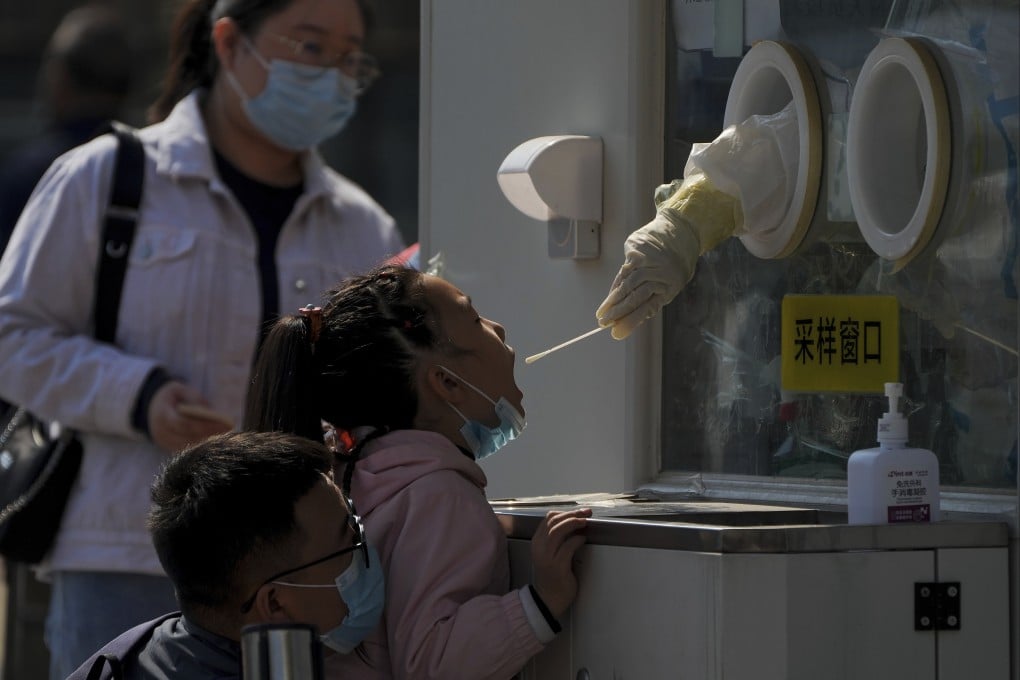China’s internet watchdog vows another crackdown against Covid-19 rumours amid anger over pandemic policies
- The Cyberspace Administration of China said online misinformation has sowed panic and anger over the government’s Covid policies, among other issues
- The government’s initial suppression of vital information about the pandemic has pushed citizens to share their grievances online

China’s top internet regulator has pledged to keep cracking down on misinformation and rumours related to Covid-19 and other social issues, as the country continues to tighten its control over online speech.
The Cyberspace Administration of China (CAC), which has in recent years established itself as an authority over the veracity of online information, said on Wednesday that fake information on social media and short video platforms has sowed panic, anxiety and anger over the government’s Covid policies, among other issues.
As part of the regulator’s latest campaign, rumours related to pandemic prevention, emergencies and societal issues will become key targets of a renewed clampdown, according to a notice by the CAC.
The agency said that to date, it has shut down 2,800 accounts on major platforms for fabricating and spreading false information.
Those platforms included short video apps Douyin and Kuaishou, microblogging site Weibo, video sharing site Bilibili, Instagram-like app Xiaohongshu, Q&A site Zhihu, film and literature discussion forum Douban, and various platforms run by Tencent Holdings.
To ensure that the country’s over 1 billion internet users can only access information deemed appropriate by the state, Beijing adopts a heavy-handed approach in controlling speech in cyberspace.
The government runs a website dedicated to fighting online rumours, and started a campaign in August to label what authorities consider fake news – more than 3,300 examples have been found so far.
The Chinese authority’s efforts to dictate what counts as truth, has however, backfired at times.
